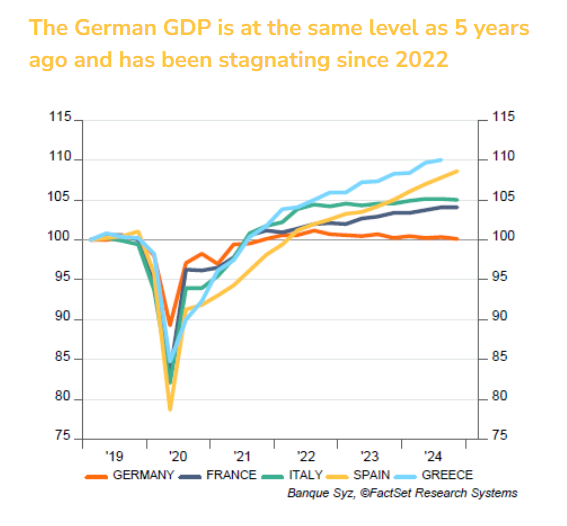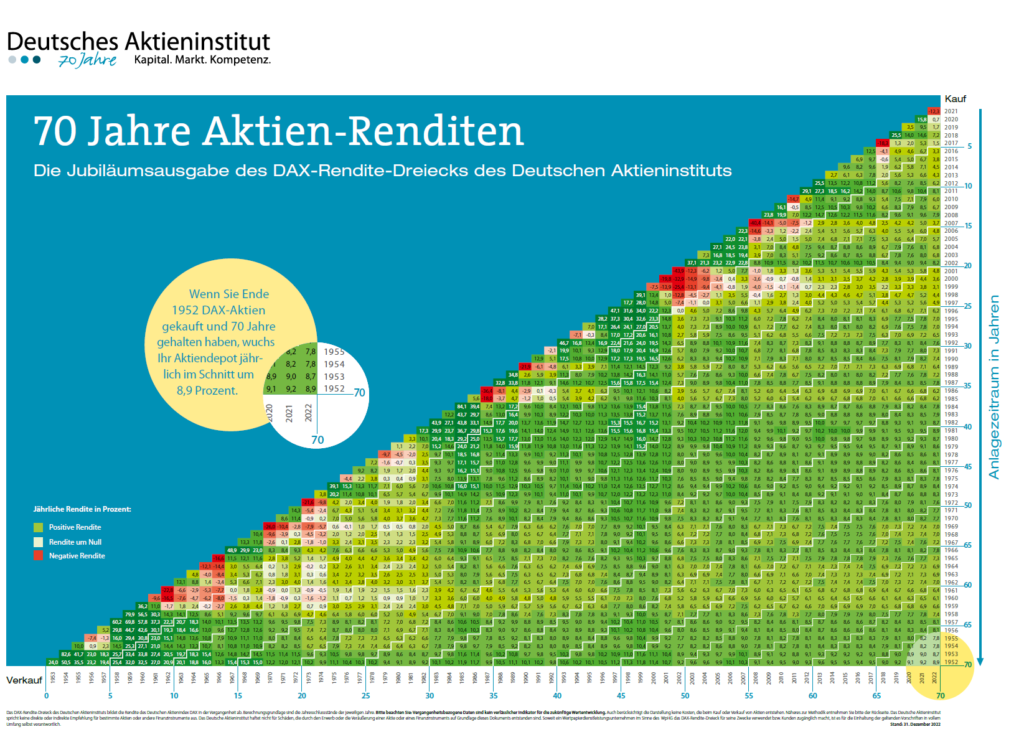 Germany is the economic locomotive of Europe. The country has a population of about 82 million people and a world-class infrastructure. Germany is centrally located offering convenient access to over 500 million of the EU consumers.
Germany is the economic locomotive of Europe. The country has a population of about 82 million people and a world-class infrastructure. Germany is centrally located offering convenient access to over 500 million of the EU consumers.
Germany has been in the news recently often due to the debt crisis in Greece.Today Germany has agreed to an EU-led bailout of Greece. The EU may give a loan of 20-25 billion Euros to Greece at below market rates of about 5%.
While Germany used to be a super-power militarily in the past, the Germany of today is an economic superpower with leadership positions in many industries. As an export-driven economy, exports fell heavily during the credit crisis. However they are picking up with the global recovery. In February exports were up 9.6% relative to same months of 2009. According to the IMF, the German economy is expected to grow 1.1% this year.
The following are some the 10 reasons to invest in Germany:
1. Germany is Europe’s largest economy and is the second largest exporter in the world after China. Germany accounts for about 20% of Europe’s GDP.
2. The Germany economy is heavily oriented towards manufacturing and exports.
This is reflected in the main stock market where the weightings are 15% in consumer goods, 17% in industrials, 18% in basic materials, and 14% in utilities (15.7%). In the machinery and equipment sector, there are about 6000 companies. Contrary to popular belief, it is not the industrial giants such as Siemens,Bayer,BASF that employ the most people in Germany. The thousands of small and medium-sized companies (SMEs) employ the majority of workers.
3. German companies lead the world in many industries such as automobile, mechanical engineering, electrical engineering and chemicals. For example, the world’s largest chemical company BASF is based in Germany. In the automotive sector, some of the top quality cars in the world are made by BMW and Mercedes Benz. Germany is also the largest automotive market in Europe by production and sales.Germany is the world’s largest producer and exporter of chemicals. About 75% of total chemical manufactured are exported. Due to the extremely good infrastructure and the establishment of many Chemical Parks which offer “plug-and-plug” features for companies, Germany is the preferred destination for foreign direct investment in the chemical industry.
4. From 1949 to date, Germany has enjoyed one of the lowest inflation rates in the world.
5. Germany’s stock market dates back to 1695 and is the 7th largest in the world in size. Its domestic bond market is the 5th largest in the world.
6. In the last 110 years the real value of German equities, with dividends reinvested, grew by a factor of 25.2. However during World War II stocks fell by 88% in real terms.
7. German companies are also among the leading players in some new industries such as the renewable energy and the nano-technology. Many of Europe’s Top 100 Clean-Tech companies are located in Germany. Due to government incentives, the clean energy industry is growing rapidly.
8. Among European countries, Germany tops in research and innovation. Due to billions of Euros spent on R&D by both the private and public sectors, German companies excel in the registration of patents. For example, German companies register 28% of the world’s mechanical engineering patents and statistically, Germany has 277 international patents per one million inhabitants, the highest in the world.
9. The Government deficit ratio for 2009 amounted to just 3.3%. This ratio is the difference between a government’s revenue and expenditure.
10. The labor unions, corporate owners and the government follow prudent financial policies. In most companies, the workers have representation in the boards and this makes sure that workers interests are protected in management decisions. Back in February about 2 million public sector workers (thru their union Verdi) agreed to a pay raise of just 1.2% this year as opposed to 5.00% that was demanded earlier. The country largest Union IG Metall earlier agreed to wage freezes this year in order to protect jobs. These two examples how all the stakeholders involved acted reasonably when many countries in the European Union face budget issues.
Sources: Credit Suisse Global Investment Returns Yearbook 2010, Germany Trade and Invest, DeStatis.de, FT.comOne of the simplest ways to invest in German equities is via the ishares MSCI Germany Index Fund (EWG). It has 803M in net assets and financials make up only about 20% of the portfolio. Another way is to pick some of the ADRs German traded in the US markets such as Siemens (SI), BASF (OTC: BASFY), Bayer AG (OTC: BAYRY), Deutsche Bank (DB), etc. The full list of German ADRs traded in the U.S. organized exchanges can be found here.



